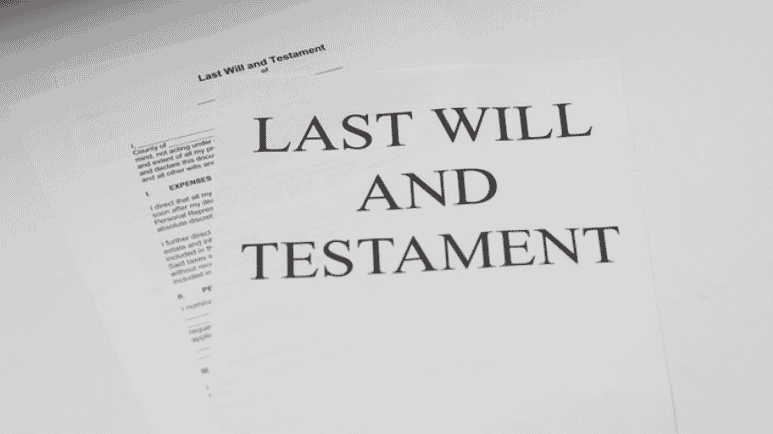Estate planning is the process of developing a plan for what will happen to your assets after you pass away. Though it’s not the easiest subject to talk about, estate planning makes things easier for your family after you’ve passed. Plus, it guarantees that your wishes are upheld in regards to who gets what and who you want to put in charge of handling your affairs. A Tyler estate lawyer can help.
Since we handle many estate planning cases, we want to share some helpful tips to make this process easier for you. Here are some estate planning best practices you should keep in mind:
-
Plan for Taxes Ahead of Time
If you know that your estate will be subject to federal estate taxes, it’s best to work with an attorney or financial advisor to develop a strategy that works best for everyone involved. Planning ahead for federal and state taxes will vary from state to state; some states have an inheritance tax, whereas others just have an estate tax. If you don’t have any cash assets, these taxes may have to come from the sale of the house.
-
Tell Your Loved Ones Where to Find Everything
Having to close down someone’s estate is a difficult thing to do. It’s even more complicated when your loved ones don’t know where to find everything. If possible, store important documents such as your will, passwords, financial accounts, medical directive, and anything else that may be pertinent to your estate in a safety deposit box. Let your loved ones know where they can find everything, or give them access to it by making a copy of the key. This will make it easier for them in the long run.
-
Prepare a Will and Document Your Wishes
Without proper estate planning, you risk your wishes not being upheld regarding who will make financial and healthcare decisions, as well as how your assets will be divided up amongst your heirs (if any) once you’re gone.
However, developing a will and other pertinent documents can prevent this. During estate planning, create the following documents:
- A living will: This lays out clear instructions on what you want/do not want if you cannot speak for yourself, such as not wanting lifesaving measures.
- Financial power of attorney: This designates someone to make financial decisions on your behalf, such as selling your estate.
- Last will and testament: This allows you to designate estate beneficiaries and who will get what; for example, leaving your artwork to one child but your furniture to another.
- Health Insurance Portability and Accountability Act Release Form: This HIPAA form grants your designated loved ones access to your healthcare information.
Do You Need Help with Estate Planning? Attorney Vance E. Hendrix Can Help
While this is not an exhaustive list, these are just a few best practices you should keep in mind when starting the estate planning process. If you need help, Tyler Estate Lawyer Vance E. Hendrix can help. Call today at 214-500-1702 or schedule a consultation online.

